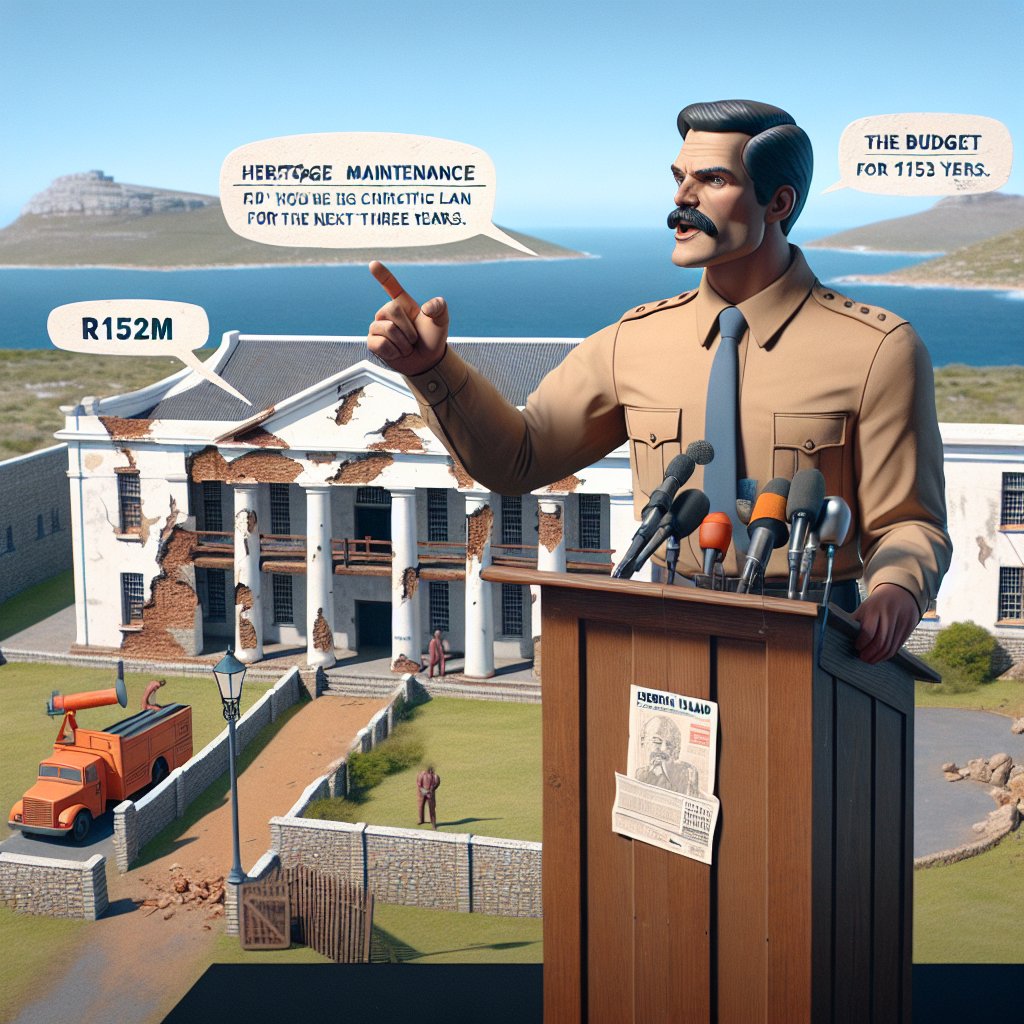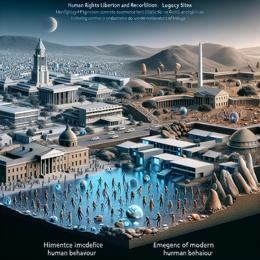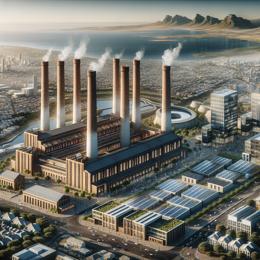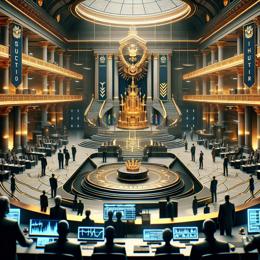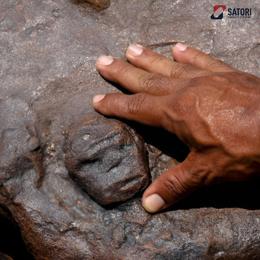Image: AI generated for illustration purposes
Robben Island Museum Seeks Autonomy Over Maintenance to Preserve Heritage Site
Robben Island Museum (RIM), the custodian of one of South Africa's most pivotal heritage sites, is making a determined push for greater autonomy in managing its maintenance needs. This call for change comes as the museum's administration faces continued hurdles due to bureaucratic inefficiencies and limited departmental coordination, leading to significant delays in addressing various challenges identified during a parliamentary oversight visit in May.
During a recent portfolio committee on public works and infrastructure, RIM executives detailed numerous issues that have hindered optimal site upkeep, including insufficient water availability, delayed progress in forming cooperative agreements aimed at tackling unfunded mandates, as well as a backlog of essential maintenance tasks.
RIM CEO Abigail Thulare outlined the current logistical impasse, where the museum's interim management is compelled to log calls for various maintenance needs, such as plumbing, building care, and electrics, with the Department of Public Works and Infrastructure (DPWI). Thulare highlighted the extent of the problem, indicating that of 708 logged calls, 95 maintenance jobs remain unaddressed. Moreover, the museum grapples with limited funding approval for these calls, further exacerbating the delay in services.
To circumvent these challenges and hasten service delivery, RIM has proposed a radical overhaul where DPWI would cede its maintenance role and accompanying funding to the museum, thereby enabling RIM to act as the implementation agent for necessary works. Despite this shift, DPWI would retain ultimate oversight responsibility as the site's custodian, as permitted legally by the Government Immovable Asset Management Act of 2007.
As Thulare emphasized, maintaining the "outstanding universal value" of Robben Island is non-negotiable, especially considering its status as a World Heritage Site. The upkeep is critical not only for its historic and cultural significance but also for its value to humanity. For this, Thulare underlined that a maintenance budget of R152 million over three years has been allocated by the DPWI.
In addition, RIM has already undertaken significant measures independent of departmental assistance, having recently disposed of asbestos debris from the island. Such proactive maintenance and stewardship of both the built and natural environment on Robben Island underscore the museum's commitment to its responsibilities—a commitment currently hindered by insufficient collaborative stakeholder involvement.
Members of Parliament have voiced their concern regarding these institutional roadblocks. EFF MP Mathapelo Siwisa criticized the apparent disjointed communication and differing accounts between departments regarding property status and maintenance. Pointing out a reactive rather than proactive approach within the DPWI, she called for a more consistent operational budget to address urgent repairs without unnecessary delays. Similarly, DA MP Sello Seitlholo emphasized the need for DPWI to coordinate with other relevant bodies, such as the Department of Forestry, Fisheries and the Environment and the Department of Sport, Arts and Culture.
In response to these concerns, Acting Director-General Richard Sizani acknowledged the necessity for policy consideration regarding the devolution of certain management responsibilities, a matter that has reached the attention of Minister Sihle Zikalala. This recognition by high-level officials indicates a potential shift towards a more decentralized and efficient management structure that could benefit the preservation and operational success of heritage sites like Robben Island.
The challenges and proposed changes at RIM reflect broader issues within the management of heritage sites, where the intersection of preservation efforts, bureaucratic processes, and the need for timely maintenance come into sharp focus. As the debate continues, stakeholders anxiously await decisive action that will secure the legacy of this emblematic site for future generations.
